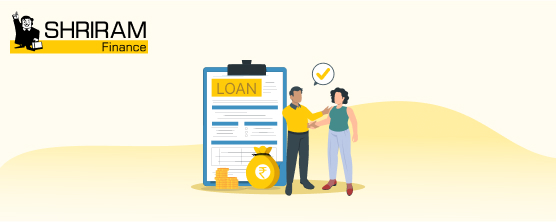Purchasing a vehicle is an exciting yet stressful experience. Along with choosing the perfect car, you need to decide how you will pay for it. One major expense is insurance. Rather than pay the full premium upfront, you may want to finance your auto insurance and spread payments over time.
This article will explore the main types of vehicle insurance finance available from financial institutions for vehicle insurance premiums.
1. Self-Financing
One of the most common types of vehicle insurance finance is to pay for the entire insurance premium in one lump sum without outside financing. This allows you to avoid interest charges but requires having sufficient funds available to cover the full cost at once.
Self insurance financing is easiest if you have money set aside or can pay with accumulated savings. It works well if you can afford higher deductibles that lower your overall premium. Paying the full amount at the start gives you peace of mind, knowing coverage is secured for the policy term without monthly payments.
2. Bundling with Auto Loan
Among the most popular financing choices for auto insurance is to bundle the insurance premium into the auto loan. This adds the premium amount to your loan balance and spreads payments across the loan term.
Bundling simplifies the process by combining vehicle insurance financing with your existing car payments. By leveraging the car as collateral, loan providers can offer better rates. You make one monthly payment covering both the vehicle loan and insurance premium.
The main disadvantage is a higher total loan amount accruing interest charges. You also lose flexibility to shop insurance rates unless refinancing the loan. Carefully compare interest rates and evaluate if bundling makes sense long-term.
3. Premium Financing Loan
Another option is a dedicated premium finance loan to cover just the insurance premium. Lending companies provide insurance financing specifically for financing premiums separate from an auto loan.
The lender pays your annual premium to the insurer upfront after you are approved for financing. You then repay the loan plus fees and interest to the lender in monthly instalments. Premium finance loans allow customising terms, usually from 6-12 months and provide fixed rates and payments.
These loans keep insurance separate from your auto loan. However, they require a separate application and account for repayment and have higher interest rates than auto loans. Still, premium financing can make budgeting easier with predictable instalments.
4. Credit Card Financing
Some customers leverage existing credit cards for vehicle insurance finance. You can charge the full premium or make a partial payment and pay the balance monthly. This avoids a separate loan application but has some risks.
The main drawback is higher credit card interest rates, often over 15%, making premiums costlier over time. Cards also have lower limits that may not accommodate larger premiums. However, they offer payment flexibility, allowing you to pay above the minimum if desired.
Credit cards work best for smaller premiums you can repay quickly. Charge only what you can afford monthly to avoid ballooning debt. Be diligent about payments to prevent accumulated interest and card cancellation for non-payment.
Conclusion
While there are many types of vehicle insurance loans, the best insurance financing plan depends on your budget, income stability, credit profile and ability to shop insurers. Weigh the pros and cons of each method. Opt for the most affordable loan terms that provide flexibility to adjust payments if necessary. With the right financing strategy, you can spread premium costs over time while keeping insurance protection intact.
































